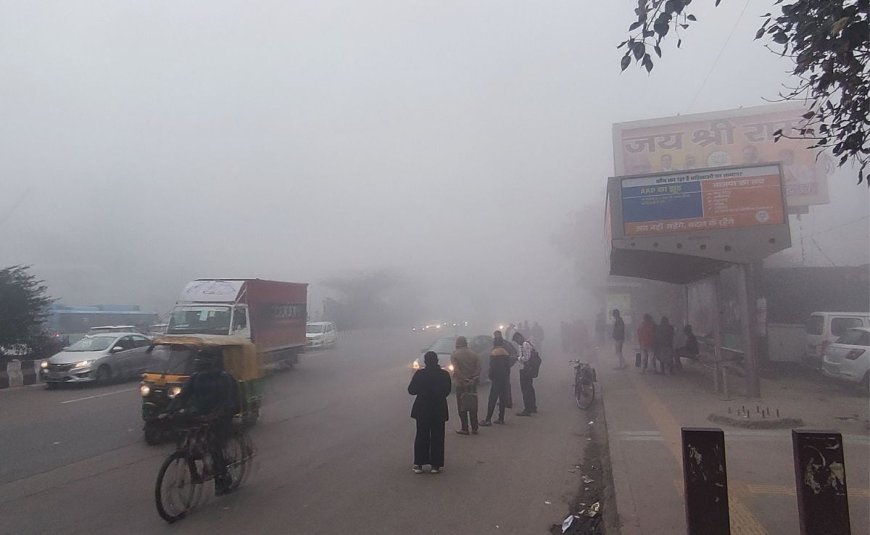Stricter Pollution Curbs Under GRAP-4 Reimposed In Delhi
Feeble winds and the fog enveloping Delhi have led to stricter pollution curbs under GRAP-4 being reimposed in the capital and the National Capital Region.

Stricter Pollution Curbs Under GRAP-4 Reimposed In Delhi
In a decisive move to combat the escalating air quality crisis, the Delhi government has reimposed stricter pollution curbs under the Graded Response Action Plan (GRAP-4). This comprehensive framework aims to address the severe air pollution that blankets the city, especially during the winter months. The measures initiated under GRAP-4 are designed to mitigate the health risks associated with poor air quality and to promote a cleaner environment for Delhi’s residents.
Understanding GRAP-4
The Graded Response Action Plan (GRAP) is a set of regulations designed to curb pollution levels as they rise, issuing guidelines that vary depending on the severity of air quality. GRAP-4 outlines specific actions to be taken when pollution levels reach alarming thresholds, which typically coincide with adverse weather conditions and increased smog. Under this plan, measures include a temporary ban on construction activities, restrictions on industrial emissions, and curbs on vehicular movement to ensure that air pollution is brought under control effectively.
Key Measures Implemented
With GRAP-4 back in effect, several key measures have been reinstituted to tackle air pollution in Delhi. These measures include:
- Prohibiting construction and demolition activities unless they meet stringent criteria.
- Regulating the operations of heavy industries to reduce emissions during periods of high pollution.
- Encouraging work-from-home arrangements for employees in the public and private sectors.
- Enhancing monitoring of air quality and ensuring timely dissemination of information to the public.
- Increasing the number of designated pollution control teams to enforce compliance with the new regulations.
Impact on Public Health and Environment
The reinstatement of GRAP-4 comes as a response to research and public health data highlighting the detrimental effects of poor air quality. According to multiple studies, sustained exposure to high levels of air pollution can lead to serious health issues, including respiratory infections, cardiovascular diseases, and even premature death. Therefore, these measures significantly focus on protecting vulnerable populations, including children and the elderly.
Public Response and Future Outlook
The public response to GRAP-4 has been largely positive, as many are concerned about health issues related to air pollution. Environmental activists and citizens alike have expressed relief at the government's decision to act decisively. The long-term goal of GRAP-4 is not only to address immediate air quality concerns but to lay the groundwork for a more sustainable, pollution-free environment in the years to come.
For more updates, visit dharmyuddh.com.
As the city braces itself for the challenges posed by seasonal pollution, the successful implementation of GRAP-4 will be critical in turning the tide on air quality issues that have plagued Delhi for far too long. Keywords: pollution control measures in Delhi, GRAP-4 pollution curbs explained, air quality initiatives in India, Delhi government pollution action plan, impact of air pollution on health, seasonal air pollution solutions in Delhi, public response to GRAP-4 measures, strategies to combat Delhi smog, construction activities ban Delhi air quality, industrial emissions regulations Delhi.







